Do Music Lessons Make You Smarter?
Do music lessons help your brain function better?
It’s a question that has interested parents and musicians alike since Daniel Levitin’s best-seller, This Is Your Brain on Music and Oliver Sachs’ Musicophilia: Tales of Music and the Brain came out in 2007.
Despite the hype and publicity, the question doesn’t have an easy answer – do music lessons make you smarter? For one thing, what do people mean by the term “smarter?” Musically smarter — or smarter in general?

Evidence suggests that playing a musical instrument has a positive effect on brain function and intelligence. Both studies and observations seem to show that children who participate in school bands and orchestras maintain higher grade-point averages and that senior citizens who play instruments maintain brain function better and longer than their non-musical peers do.
There is additional evidence that the ability to play an instrument and understand music enhances the ability to hear all sound — not just musical sound. This includes speech, even when presented in an unknown foreign language.
Music as therapy is an established profession and recent studies have shown the ability of music exposure to enhance healing — mostly due to lower stress, enhanced mood, and a general calming effect.
Donald A. Hodges, director of the Music Research Institute at the University of North Carolina said, “Nothing activates as many areas of the brain as music.” Hodges added that the main reason music makes you smarter is that it helps you understand yourself and your relationship to the world.
Some of the skepticism about the role of music in intelligence came about because of the misinterpretation of the work of Frances Rauscher who developed the notion of the popular “Mozart Effect.” Rauscher’s work led to a widespread belief that listening to classical music caused children, including babies to increase their spatial IQ.
In fact, Rauscher found that spatial reasoning improved slightly by listening to classical music — but the effect wore off after about 15 minutes.
So far, although science has not been able to establish a connection between classical music and general intelligence that doesn’t mean there are no benefits.
Specifically, music does stimulate the brain and because of that, it is believed exposure to music does boost cognitive capacity.
In addition, since the 1990s, the College Board has said that music students outperform non-music students on the Scholastic Aptitude Test (SAT). Music students score up to 52 points higher on the verbal SAT and 37 points higher on the math section compared to their non-musical peers. This seems to indicate a significant difference.
Another recent study provided no real evidence supporting the idea that music classes enhance children’s cognitive development. This long-term study involved a full year of study in which children and their parents studied music or visual arts. At the end of the year there was no significant difference between the groups as far as cognitive ability was concerned.
Perhaps the problem, pointed out by one researcher, is that the wrong questions are being asked. Instead of looking for a link between general intelligence and music, maybe it makes more sense to see music as an end unto itself.
Instead of suggesting that music raises a person’s IQ, or makes them a better “team player” or teaches them discipline, maybe the fact that music plays an essential role in human experience is more than enough.
Or, as one of the researchers said when discussing the effects of music, “Studies show slight gains in IQ, so there is mounting evidence that music training has some kind of cognitive benefit.” He then added, “But nobody tries to justify math lessons because they make your poetry skills better.”
**********************************************************************************************


